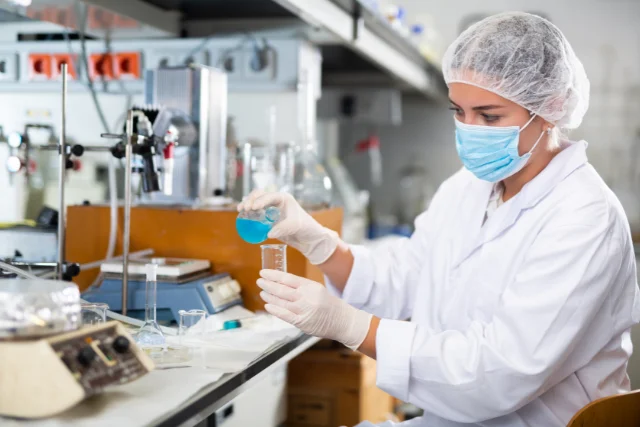Adolescents, typically aged between 10 and 19 years old, represent a critical phase of human development characterized by profound physical, cognitive, emotional, and social changes. This transitional period, often termed puberty, features rapid growth spurts, hormonal fluctuations, and the onset of secondary sexual characteristics.
In addition to physical changes, adolescents navigate intricate psychological shifts, including identity formation, moral reasoning, and the establishment of autonomy from parental authority. Cognitive abilities, such as abstract thinking and decision-making skills, significantly enhance during this period, shaping individuals’ perspectives and approaches to problem-solving.
Socially, adolescents seek peer acceptance and form intimate relationships while grappling with societal expectations and pressures. This phase, marked by exploration and self-discovery, can also present challenges like risk-taking behaviors, identity confusion, and mental health issues.
Consequently, support systems comprising family, peers, educators, and healthcare providers play pivotal roles in guiding adolescents through this transformative journey, fostering resilience, and facilitating healthy development for a successful transition into adulthood




